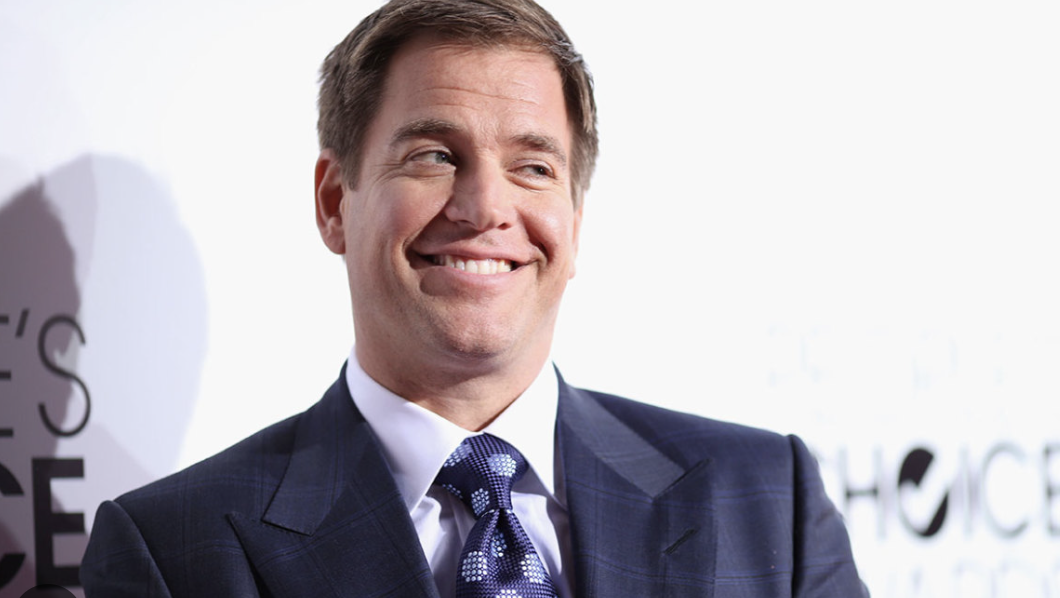
Tony DiNozzo: The Class Clown or the Loneliest Soul on NCIS?
A deep dive into the psychological layers of Tony DiNozzo (Michael Weatherly), examining how his constant humor often masks underlying vulnerability, particularly in the wake of Kate’s death and his complicated relationship with Ziva.
For many, Anthony “Tony” DiNozzo Jr. was the charming, wisecracking heart of the NCIS team, a constant source of movie references, playful banter, and much-needed levity in the face of grim investigations. But beneath the surface of the self-proclaimed “very special agent” lies a complex and often poignant inner life. Was Tony simply the comic relief, or was his humor a shield, a way to navigate a world where he had experienced significant loss and emotional turmoil?
The death of Special Agent Caitlin “Kate” Todd was a pivotal moment for Tony. Beyond the immediate grief of losing a partner and friend, it arguably left a lasting scar. Tony’s tendency towards lightheartedness could be interpreted, in part, as a defense mechanism, a way to avoid confronting the raw pain and vulnerability that Kate’s death exposed. His humor, while often genuinely meant to lighten the mood, might have also served as a buffer against further emotional.
Then there’s the undeniably complex and emotionally charged relationship with Ziva David. Their dance of flirtation, denial, and deep unspoken affection captivated audiences for years. The on-again, off-again nature of their connection, the near misses and misunderstandings, undoubtedly took a toll on Tony. His playful teasing of Ziva could have been a way to mask his deeper feelings, a way to keep her close without fully exposing his vulnerability to rejection or further heartbreak. The unresolved nature of their relationship for a significant period likely contributed to a sense of underlying loneliness.

Even Tony’s seemingly confident exterior often cracked, revealing glimpses of insecurity and a deep desire for connection. His loyalty to Gibbs and his team was unwavering, suggesting a profound need for belonging and a fear of being alone. His movie references, while often humorous, could also be seen as a way to process his emotions indirectly, filtering his experiences through the narratives of others.
